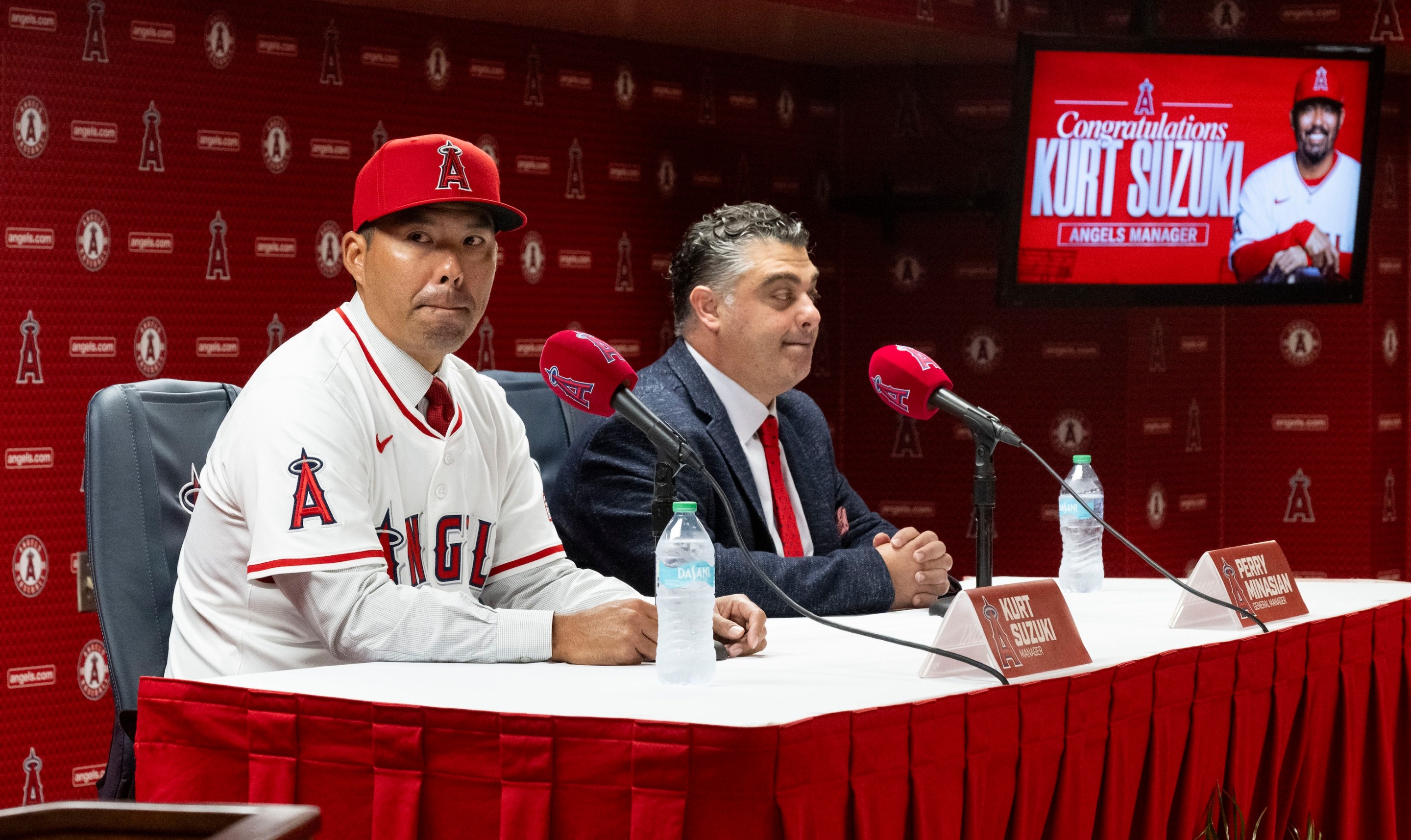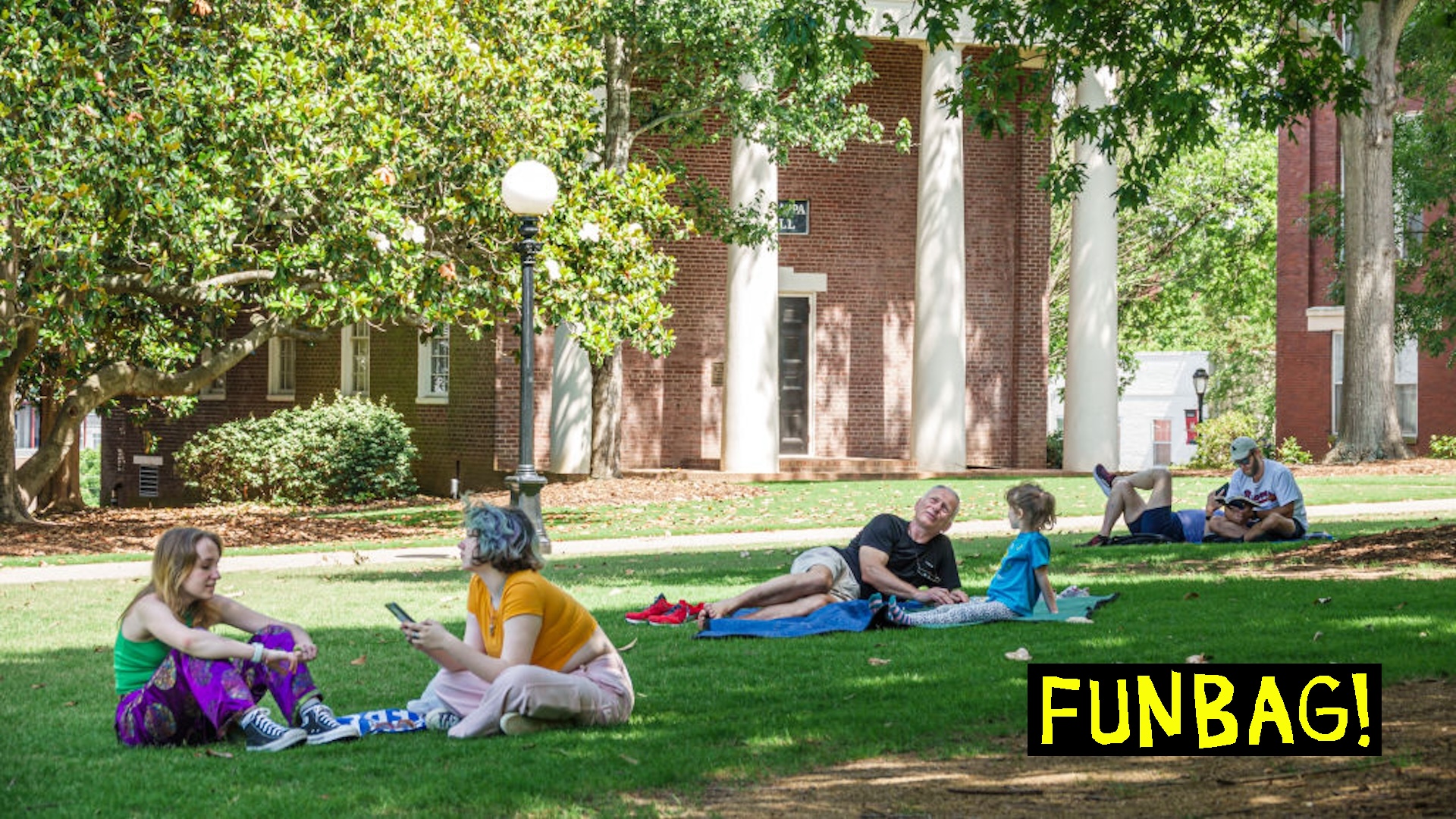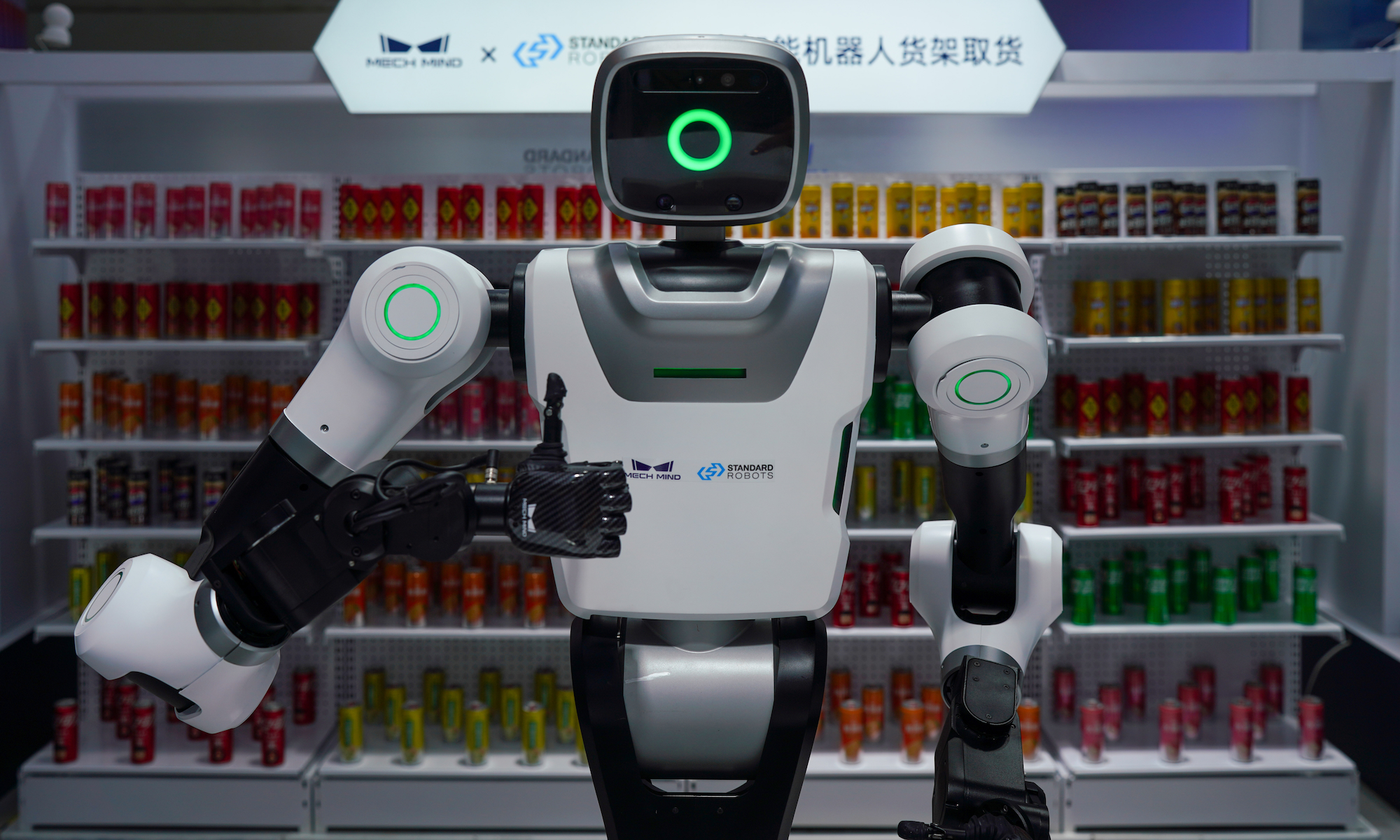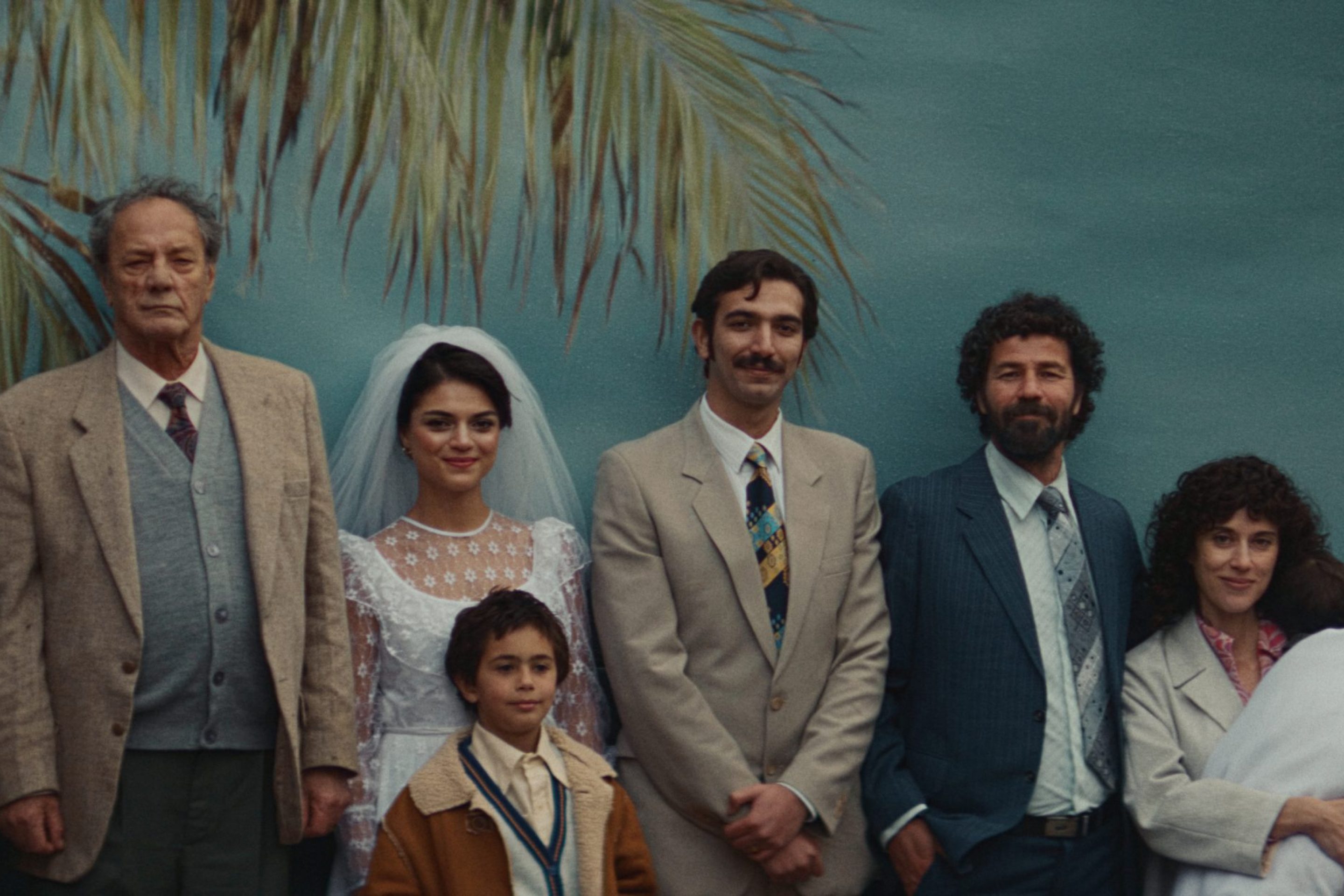In a sense, every manager is year-to-year. Baseball is extremely hard and extraordinarily rich in ways for things to go wrong, and firing a manager when things go wrong is the simplest way for an organization to signal to fans that it is addressing those things. It doesn't work, really, because managers only do so much, and are generally not the reason why bad baseball teams are bad. If your home had a bunch of highly aggressive opossums in it, making a big disappointed show of taking the "No Hissing Allowed" sign that you bought at HomeGoods out to the curb would not solve it. But it would signal to people standing outside wondering what the deal is with the opossum house 1) that the person living in that home is aware that the opossum situation is not great and 2) that they believed an insufficiently forceful sign was the problem.
Here is a more direct example: The Los Angeles Angels have had four managers over the last five seasons, during which the team has won 77, 73, 73, 63, and 72 games. During the first three of those seasons, the team had Shohei Ohtani on the roster; in none of them was the team meaningfully in the wild card mix in September. GM Perry Minasian has been around for all five of those campaigns, as has Kurt Suzuki, who spent the last two seasons of his 16-year MLB career as the team's backup catcher before moving into a front-office role as one of Minasian's special assistants. The Angels have been bad for even longer than that; it has been 11 seasons since they played a postseason game, 16 years since they won one, and a decade since they finished with a winning record. More striking than that is that they have been bad in more or less the same way for more or less that whole time.
There are teams that are more obvious about insulting their fans, and ones with more deranged team cultures, worse results, and even one with more shameful ownership. But no team seems more grudgeful about all of it—more resentful about and less engaged with basic baseball best practices, more determined to do the absolute minimum in every facet on pure principle—than the Angels. The rosters the team has put together under Minasian are bad in a distinctive way: a handful of irretrievably injured or merely dispirited veterans on market-rate free-agent contracts, a high-turnover hospice wing for marginal players nearing the end of their big-league careers, and a critical mass of jarringly recent draft picks that have rocketed through one of the worst farm systems in the sport in large part because there was nothing in particular standing between them and a big-league starting job. Half the roster churns and the rest remains constant in a way that suggests inertia more than it does any sort of commitment beyond "this team is going to win between 70 and 78 games." Tim Anderson made 90 plate appearances for them in 2025. Hunter Strickland has pitched in 91 games for them over the last two years.
The Angels won nine more games in 2025 than they did in 2024, although most metrics suggest that the team was significantly worse than its still-submediocre record; the pitching staff had the worst ERA in the sport, the defense was third-worst in the league by Defensive Runs Saved, and the hitters combined to strike out more than all but one team in MLB history. In one of several righteously brutal recent stories about the team, The Athletic's Sam Blum noted that every one of the team's minor league affiliates finished below .500. "There is no young core," Blum wrote. "There is no bright future. There’s nothing, really, besides a sales pitch that has become less and less credible to a rightfully impatient fan base."
So: The house, as the saying goes, is full of opossums. But it is also full of signs reading No Hissing and Opossums Forbidden In This Area and In This House We Believe Opossums Should Not Be In This House, and when Minasian let manager Ron Washington go after the end of the regular season, that latest signifying trip to the curb indicated that the team would be remain steadfast in its commitment to whatever this strategy is. "The Angels are just going to hire a new manager, run it back and hope against hope that it will all magically work itself out," Blum wrote. "The same as every other year."
The Angels' managerial search, which concluded on Tuesday with the team hiring Suzuki away from itself on a more or less unprecedented one-year contract, amounted to an exceedingly cozy and low-effort round of Remembering Some Guys. Suzuki certainly fits with league-wide trends in hiring recently retired catchers with no managerial experience, but an attribute that Suzuki shared with fellow reported finalists Bo Porter, Albert Pujols, and Torii Hunter was that he was already being paid by owner Arte Moreno. Porter was the team's third base coach last year, Pujols is paid $1 million annually as part of a post-retirement, 10-year personal services contract, and Hunter was hired as a special assistant to the GM in 2024. A rumored deal with Pujols broke down in the final stages due to reported disagreements about salary and term; the one-year contract that Suzuki signed with the team clarified what those disagreements were.
Both Suzuki's and Minasian's contracts will be up at the end of the 2026 season, which both did their best to spin as A Bracing Challenge in Suzuki's introductory press conference on Wednesday. Blum also pointed out that Moreno seemingly didn't want to have to pay a manager during the lockout that is expected to follow the expiration of the sport's collective bargaining agreement next winter. Even by the high standard Moreno has set for vinegary short-term thinking, this is tangy stuff—a hiring that is simultaneously an ultimatum and a declaration that the team's dedication to cheaping out in weird and willful ways is as strong as ever.
One of the signatures of Moreno's ownership, which came tantalizingly close to ending last season before he announced that he was no longer interested in selling the team, is a unique and uneasy blend of impatience, laziness, and spite. The team has never rebuilt, and reliably spends on big-league talent, but it has also not taken any of the comparatively inexpensive steps necessary to get the team's player development program or facilities up to industry standards. One of the highlights of Suzuki's introductory presser was Blum getting into a decently heated back-and-forth with Minasian about Angels starter Yusei Kikuchi's remarks that the air conditioning in the team's weight room was broken all year long. (Minasian denied the charge, but the team did post a job listing for an HVAC technician later that day.)
All this behavior is distasteful and small-time on the merits, but the fact that it is also something like a core organizational value goes a long way toward explaining how and why the Angels have managed to stay as bad as they have for as long as they have. In Suzuki's case, the short-term benefits to Moreno, which amount to being able to hit some Prove It-style posturing and bank some payroll savings during the lockout, will have obvious and unhelpful impact not just down the line—repeatedly, as free agents and other prospective hires consider whether they really want to work at a place that runs like this—but in the immediate term that Moreno is always so spun up about. "The one-year deal could be a red flag to any coaching candidate," Blum noted. "Sure, they’ll get coaches, maybe some good ones; but anyone with multiple options may opt for more security elsewhere."
This is the bargain that the Angels have made with themselves, and is the thing that makes them different than any other bad team: not just that they will proudly and defiantly keep doing things they know don't work, but that their commitment to doing those things in that way surpasses any other possible priority. To do more, or just to do anything different, would be an admission that the people in charge of the team were ever wrong; to persist in sour and mediocre confusion within all that wrongness is both easier to do and easier for the team's decision-makers to bear. The neighbors can complain about the hissing sound coming from the Opossum House all they want, but there's nothing to be done about it, really. It's not their house.






